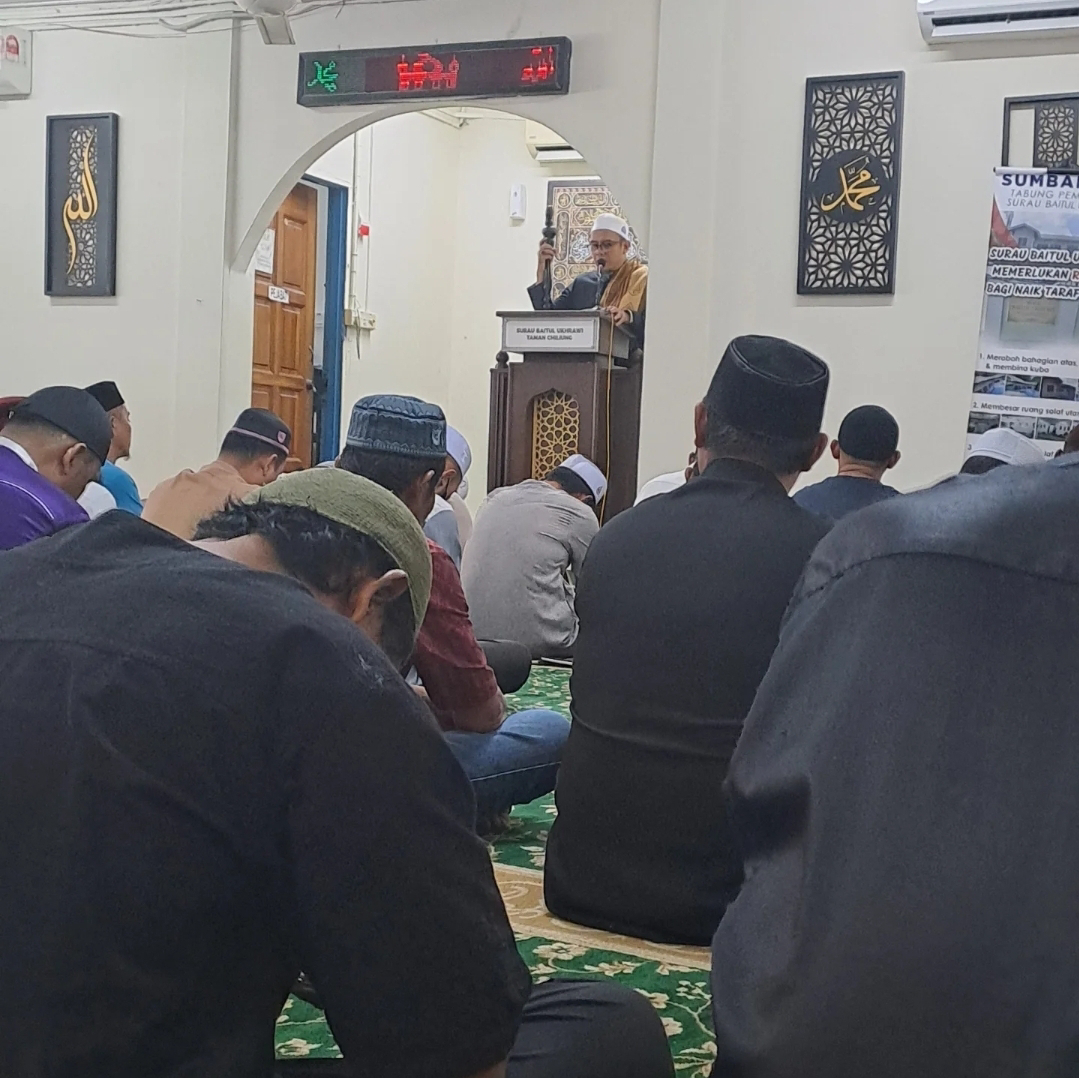Khutbah: "Payment to Appointed Amil in Selangor"
The legal framework governing the collection of zakat in Selangor serves as a focal point in the khutbah delivered today, emphasizing that only amil (authorized zakat collectors) appointed by the Selangor Islamic Religious Council (MAIS) possess the legitimate authority to collect zakat. This mandate is founded on Section 37 of the Syariah Criminal Enactment (Selangor) 1995, which stipulates penalties for individuals who collect zakat without official authorization from MAIS. Furthermore, the khutbah elaborates on the negative ramifications of unauthorized zakat collection, particularly the potential for fraud and the misappropriation of funds that should rightfully benefit the asnaf community, or those eligible to receive zakat support.
From a legal perspective, the regulation governing zakat administration by authorized entities is a critical step in safeguarding the governance and accountability of zakat funds. The appointment of amil by MAIS is intended to ensure that zakat collections are properly administered according to shariah guidelines. The khutbah also underscores the imperative of compliance with Ulil Amri (legitimate authorities), as outlined in Surah Al-Nisa, verse 59 of the Quran, which obligates Muslims to obey those in positions of lawful authority. Unauthorized collection of zakat by individuals fosters legal ambiguity, which ultimately risks the welfare of the broader community, particularly the asnaf who rely on these funds.
From a judicial standpoint, the provisions within the Syariah Criminal Enactment (Selangor) 1995 elucidate that unauthorized zakat collection constitutes a grave offense with significant implications for public welfare. This legal structure is designed to prevent arbitrary practices that could erode public trust in religious institutions. Moreover, these provisions promote transparency and accountability in zakat fund management, ensuring the protection of the rights of asnaf. Consequently, these regulations align with the principles of justice and welfare in Islamic law, while also fulfilling the requisites of positive law to regulate and uphold the integrity of zakat institutions within the state.




Comments
Post a Comment